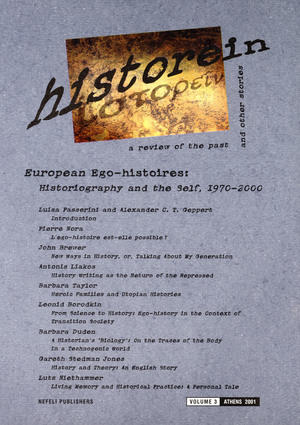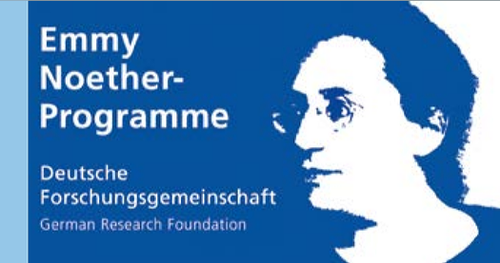European Ego-Histoires: Historiography and the Self, 1970-2000
Alexander C.T. Geppert, Luisa Passerini (Hg.) – 2001
Ego-histoire is a methodological enterprise, aiming to establish a ground of meta-historical reflection. Metaphorically, this ground can be said to be situated half way between – and to connect – the practice of history with the philosophical and existential systems of thinking held by historians. It is the area where the selection of objects, contents, sources, and methods is made. This ground is by no means based merely on the individual; it is always also determined by forms of collective belonging such as race, gender, generation, and nation. The difficulty and the interest of ego-histoire lie precisely in the effort of self-reflection which it requires, where the self must be recognized as a combination of both the individual and the collective. It is in ego-histoire that the historian's object and subject conflate. Only here, the subject matter and his (or her) persona become one and the same.
Rezensionen
- Christoph Conrad, in: L'Homme 14.2 (2003), 412-5.
- Alexander von Plato, in: BIOS 16.1 (2003), 164f.
- Alun Munslow, in: Rethinking History 7.3 (2003), 439-45.
- History Workshop Journal 54 (Herbst 2002), 286.



